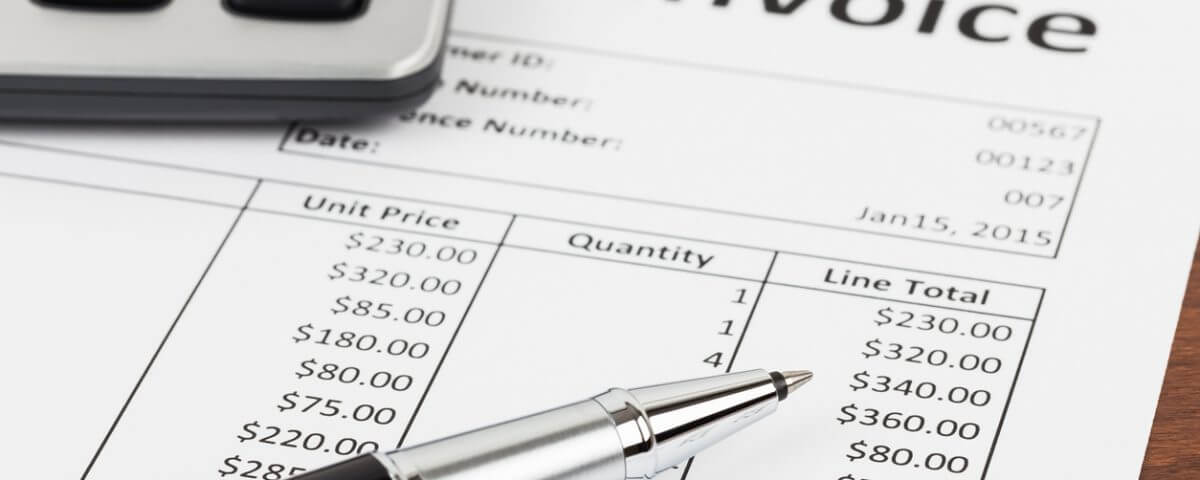
Is Expedited Shipping Worth The Cost?
May 15, 2019
Why is Weather Important to Your Freight Shipping?
May 30, 2019Why are there Additional Fees on Your LTL Shipping Invoice

The shipment is picked up, traveled to the destination and delivered, why does the LTL shipping invoice have a larger total than expected? There are several reasons that your bill may have additional fees. These are a few of the assessorials that could affect charges – re-weigh, redelivery, reconsignment or hazardous materials. These charges are called accessorials, an additional required service upcharge billed on any less-than-truckload (LTL) shipment.
Common Reasons Your Bill May Be More
The bill of lading has one weight listed but in fact the freight weighs more when the carrier inspects at one of the terminals. The carrier provides a weight and inspection certificate and this fee will be listed as a re-weigh fee on the final bill.
A redelivery charge occurs when the driver is unable to deliver. This is due to a time not being set and/or the receiver is not available. The driver must leave the delivery location because of the waiting time, and he must make other deliveries. A second delivery will be scheduled thus incurring a new fee.
Plans change in life so there is no surprise that it can change in shipping. However, when a shipment is in transit and location changes there will be a reconsignment fee based on the distance from the original location to the updated location.
Location
Shipping to a hard to reach, residential or a small location could result in a limited access or residential fee.
If your shipment contains any hazardous chemicals or materials, there is an extra fee to the shipment. Make sure to have a Dangerous Goods Declaration prepared. If the shipment is not have a hazardous label, the carrier can possibly refuse the shipment all together.
If your shipment is from a convention, tradeshow or exhibition, there are special hours that it can be handled and there is typically an additional expense accessorial fee.
A common fee is overlength fee, also an excess length fee. It is a fee for freight that takes up a lot of space. The length at which a carrier starts charging the overlength fee is dependent on the carrier, some begin at 8 feet while others do not implement the charge until 15 feet. A common length to go by is 8 feet. It’s always a good idea to check with the carrier upfront to avoid excess charges at the end. Pricing on the overlength can vary greatly depending on the carrier, which is another reason to discuss this upfront.
How to Avoid Incurring Extra Fees
First and foremost, less-than-truckload LTL shipping is like moving to a new home; the more information you give in the quote process the more accurate your fee. If you are moving from a large home but you say it is the size of a one bedroom apartment there is a huge difference the day the movers arrive. The same goes with LTL shipping, the more you discuss this in the beginning stages, the more accurate your quote.
Give a precise account of weight, the final destination, and the correct dimensions of the shipment. Also, what type of commodity is in transit, any special arrangements for pick-up or delivery and the correct documentation.
There are some accessorial fees that you will not be able to prevent. However, accurate information will protect you from a surprise fee.
If you don’t know less-than-truckload LTL shipping, work with a logistics professional team like PPLUS Global.
